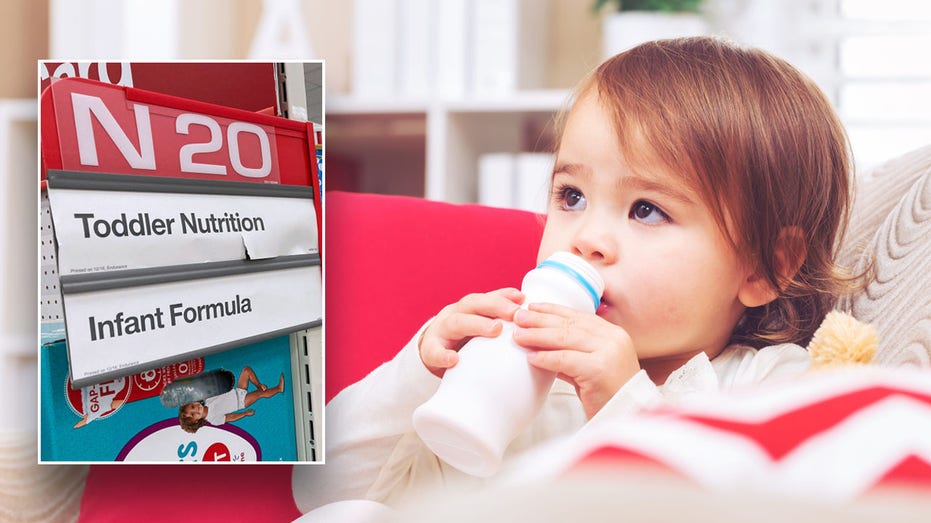Federal regulators said Friday they had not yet discovered live bird flu virus in the first batch of retail milk samples they tested, a reassuring indication that milk on store shelves remains safe despite an outbreak of the virus among dairy cows.
In a online updateThe Food and Drug Administration said an initial round of tests looking for live viruses, not just genetic fragments, suggested that the pasteurization process effectively neutralized the pathogen.
“These results reaffirm our assessment that the commercial milk supply is safe,” the FDA wrote in the update, adding that testing efforts were ongoing.
Authorities also tested infant and young child formula, which contains powdered dairy products, and did not find the virus, the agency wrote.
The FDA launched a nationwide investigation of milk samples shortly after an outbreak of the avian flu virus, called H5N1, was discovered among dairy cows. Government scientists tested 297 retail dairy samples from 38 states, a part of the country that covers areas well beyond the nine states known to have infected herds.
The first type of testing done by regulators, a form of polymerase chain reaction, or PCR, is relatively quick, but it only detects genetic traces of the virus and does not tell researchers whether the living pathogen is here.
On Thursday, the FDA said these tests showed that about one in five retail milk samples nationwide contained fragments of the avian flu virus, suggesting it was spreading among cows much more widely than previously thought.
Samples containing genetic fragments are then tested for live avian flu virus, which, if present, could pose a widespread health threat.
The live virus test, called egg inoculation, is the most sensitive of its kind, but it takes time. The process involves injecting some of the dairy product into chicken eggs, waiting for the virus to grow in the egg, and then looking for signs of infection.
Chicken eggs are effective containers for the growth of influenza viruses; even rare quantities will thrive there. For this reason, the new FDA results strongly suggest that the tested samples did not contain infectious virus and that pasteurization works, the scientists said.
The negative results reported Friday came from a “limited set of geographically targeted samples,” according to the FDA. Officials did not say where the samples came from.
“At this point, the answer seems pretty conclusive: Pasteurized milk is safe,” said Samuel Scarpino, professor of practice in health sciences at Northeastern University. “The fact that the result was negative is very strong evidence that, at least in the samples tested, there is no live virus.”
Raw milk is never safe to drink, experts say, and it poses additional risks amid the outbreak of avian flu in cattle. Almost all milk produced on American farms is pasteurized, a process that kills pathogens with heat. Flu virus…


